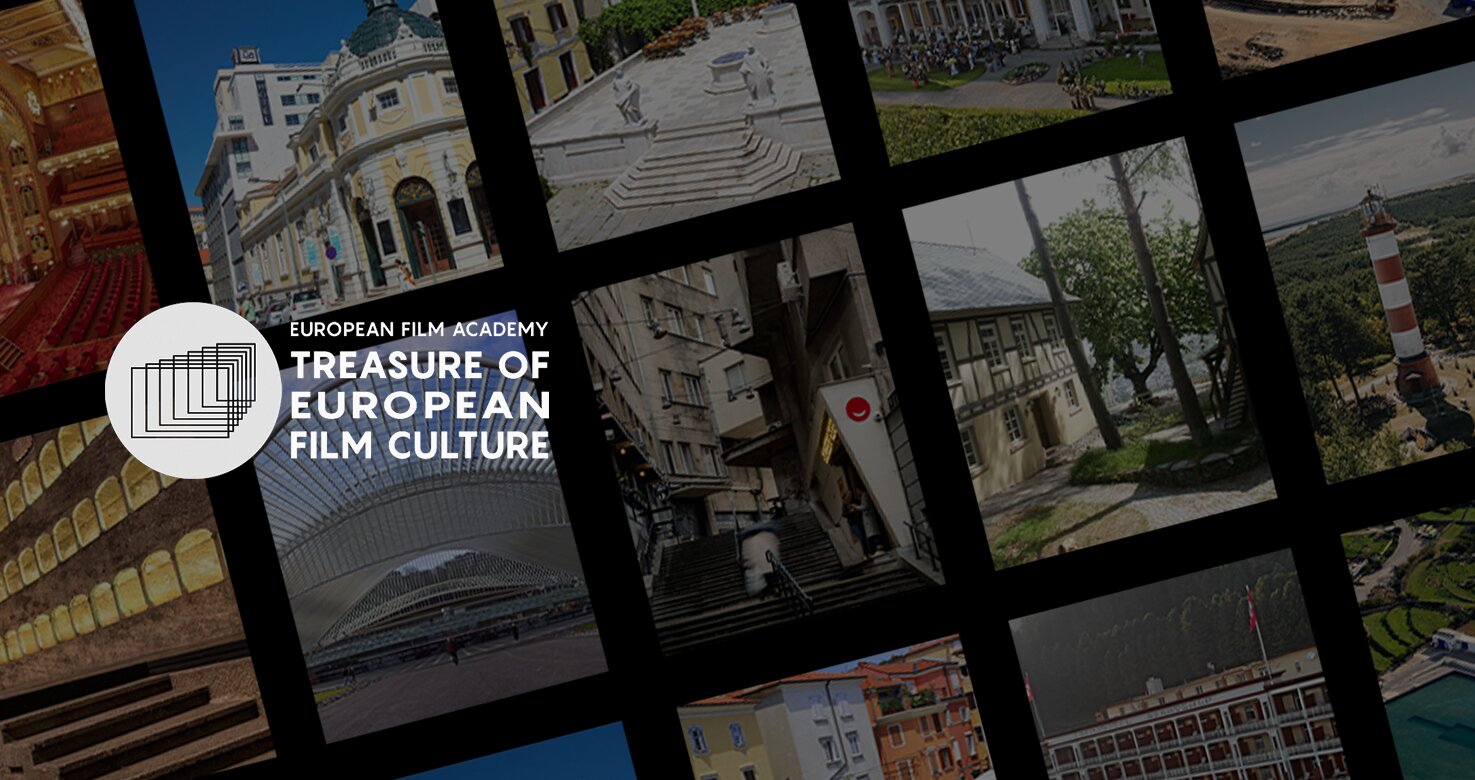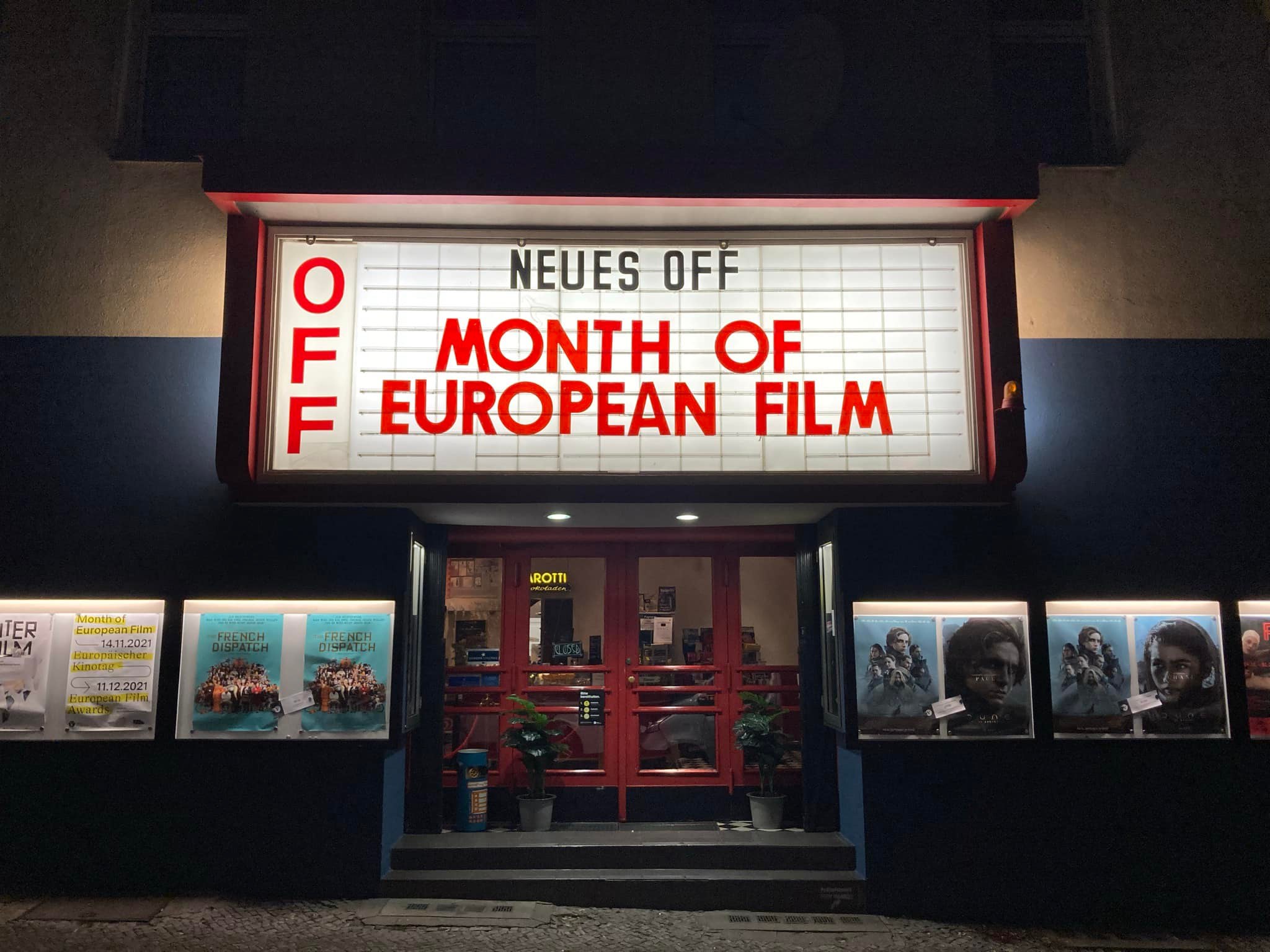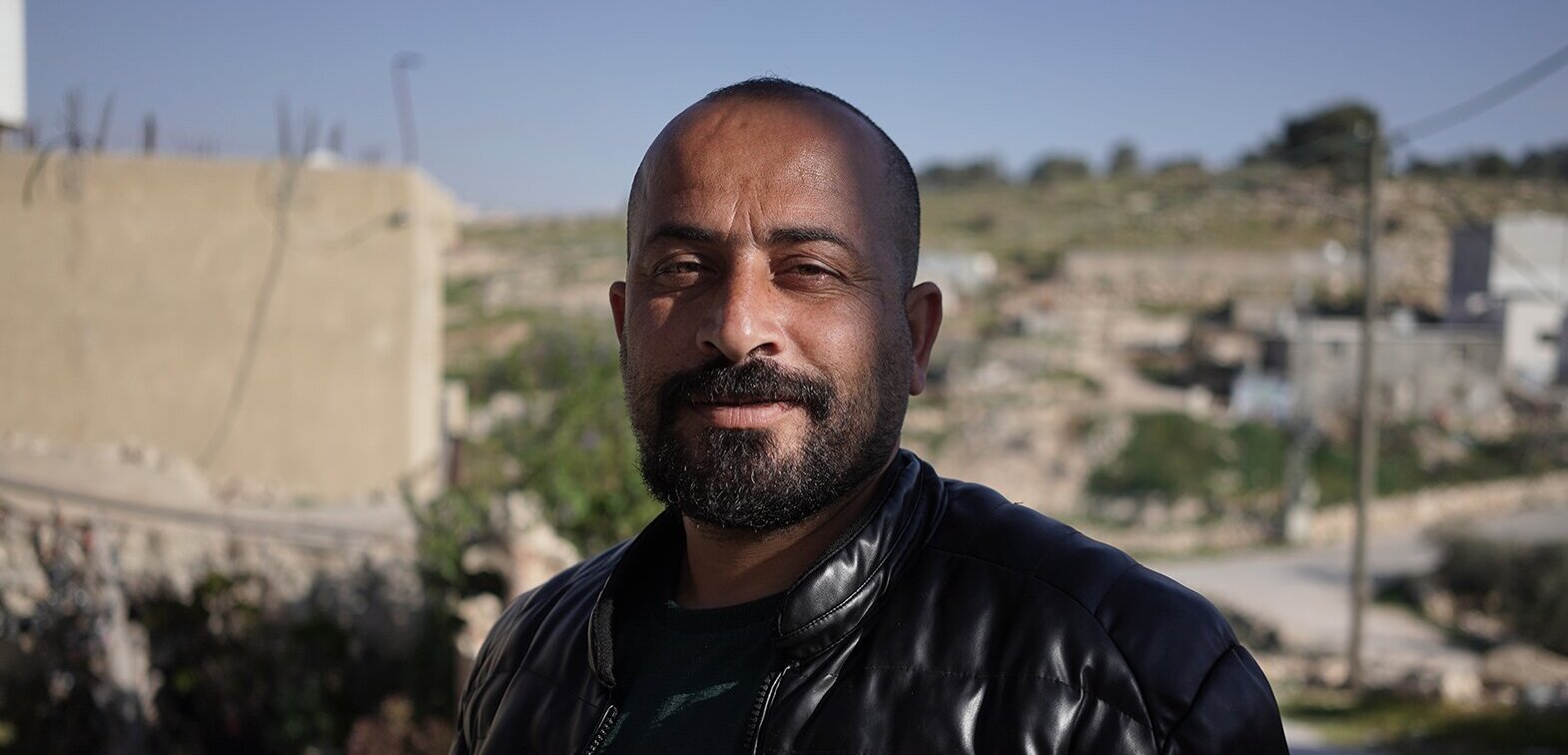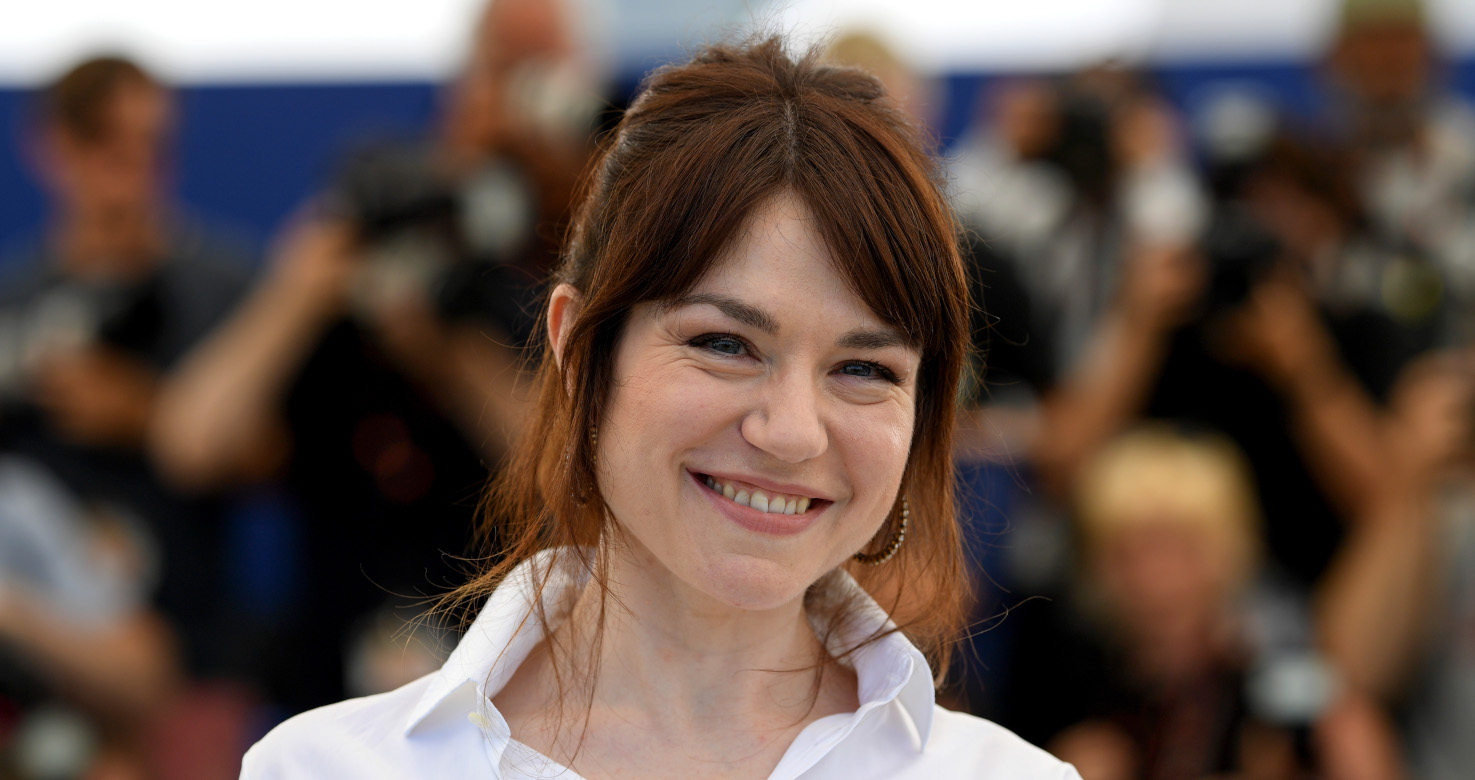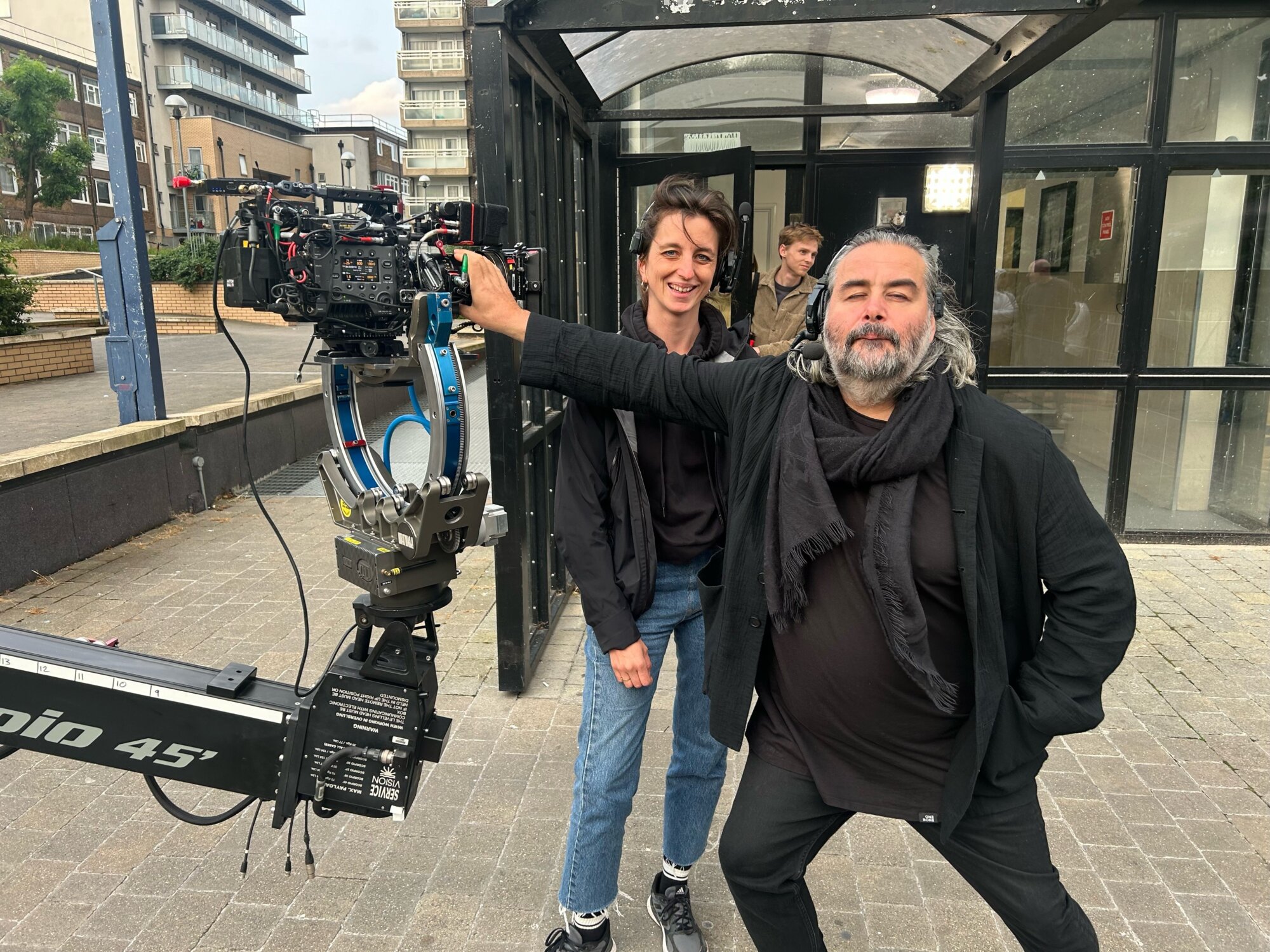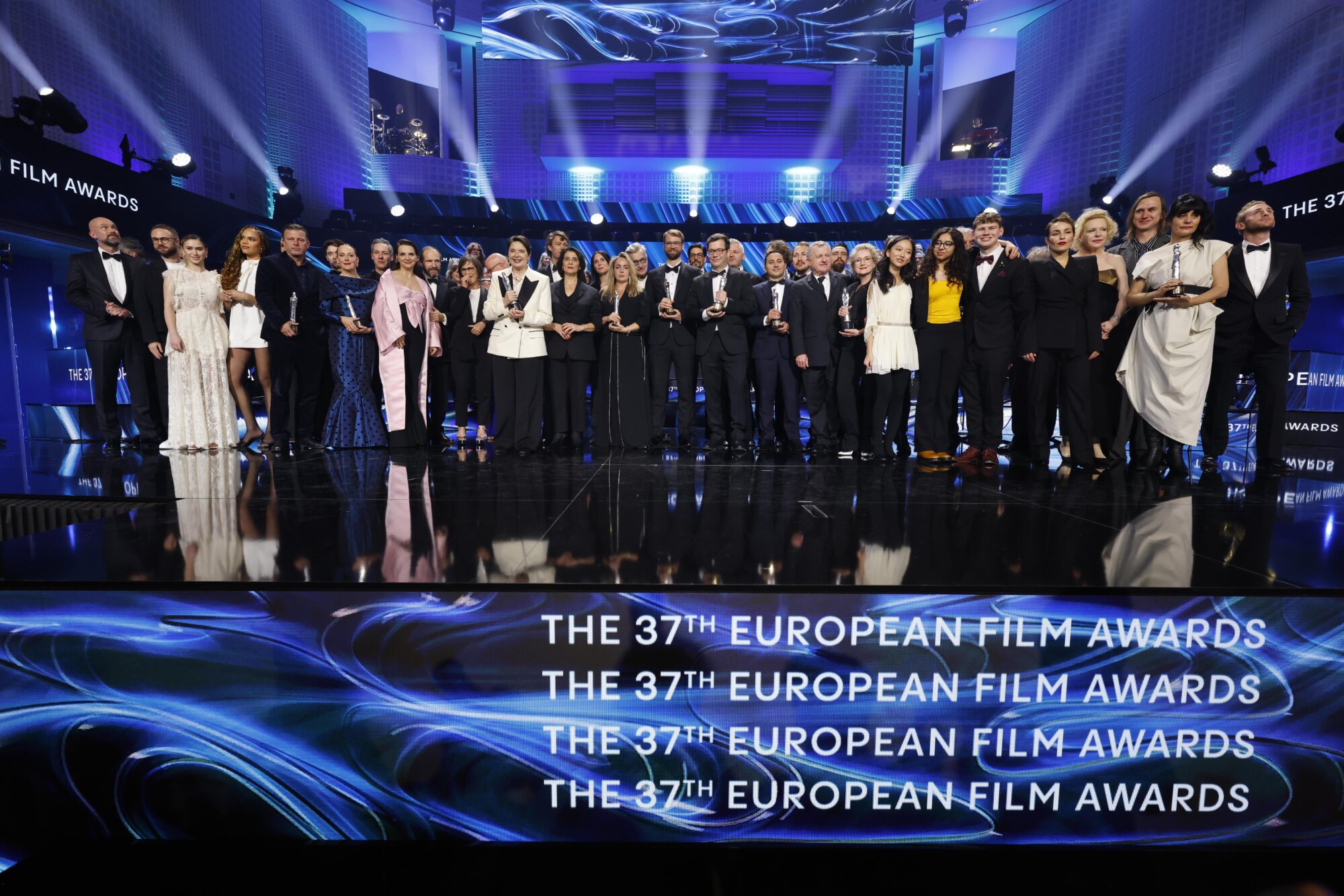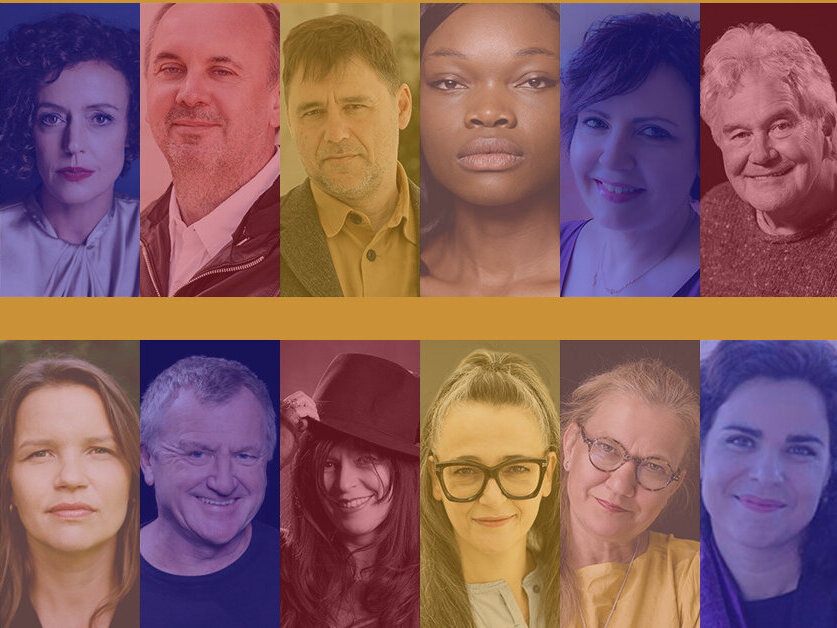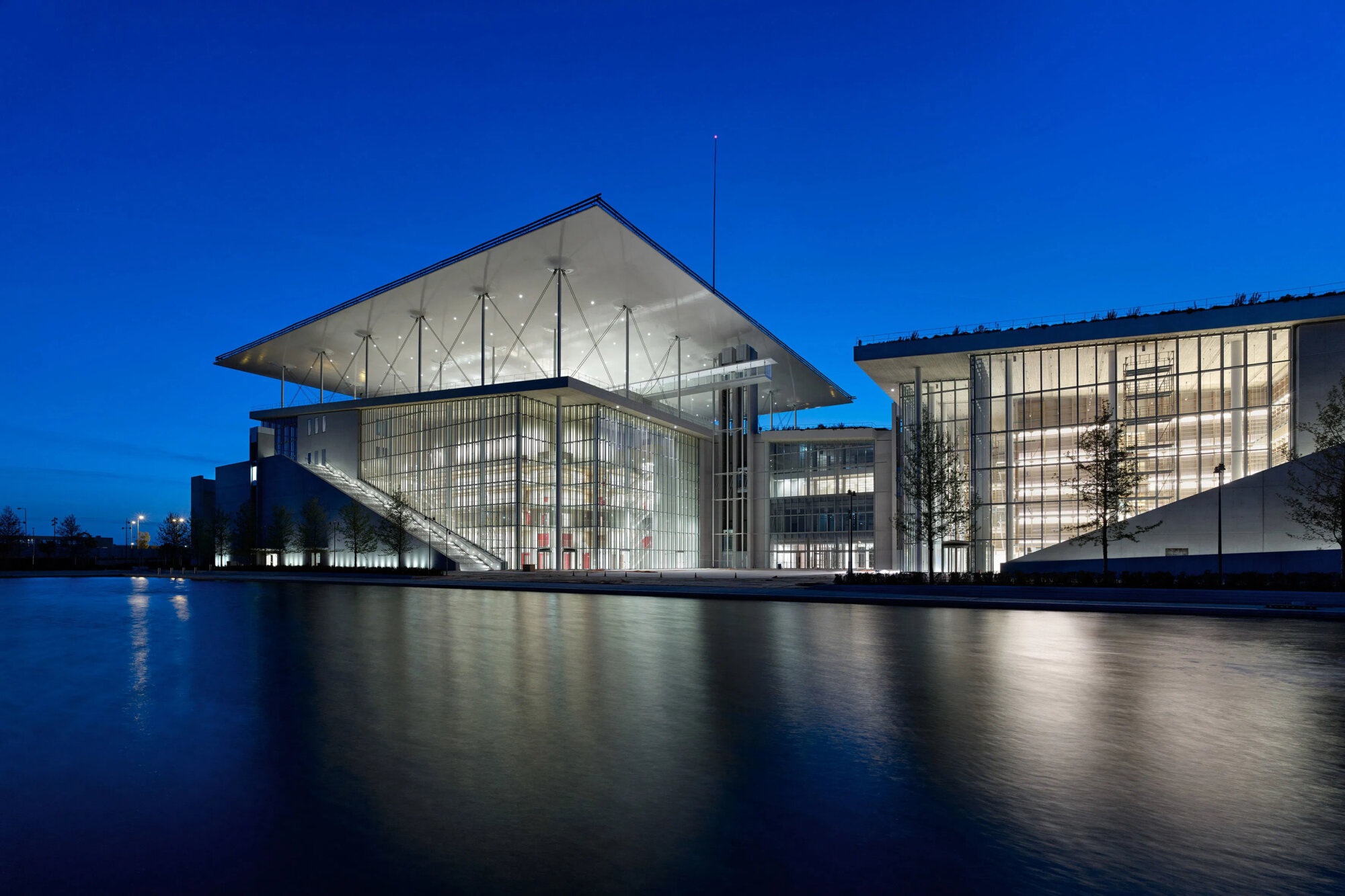GRAND TOUR
GRAND TOUR
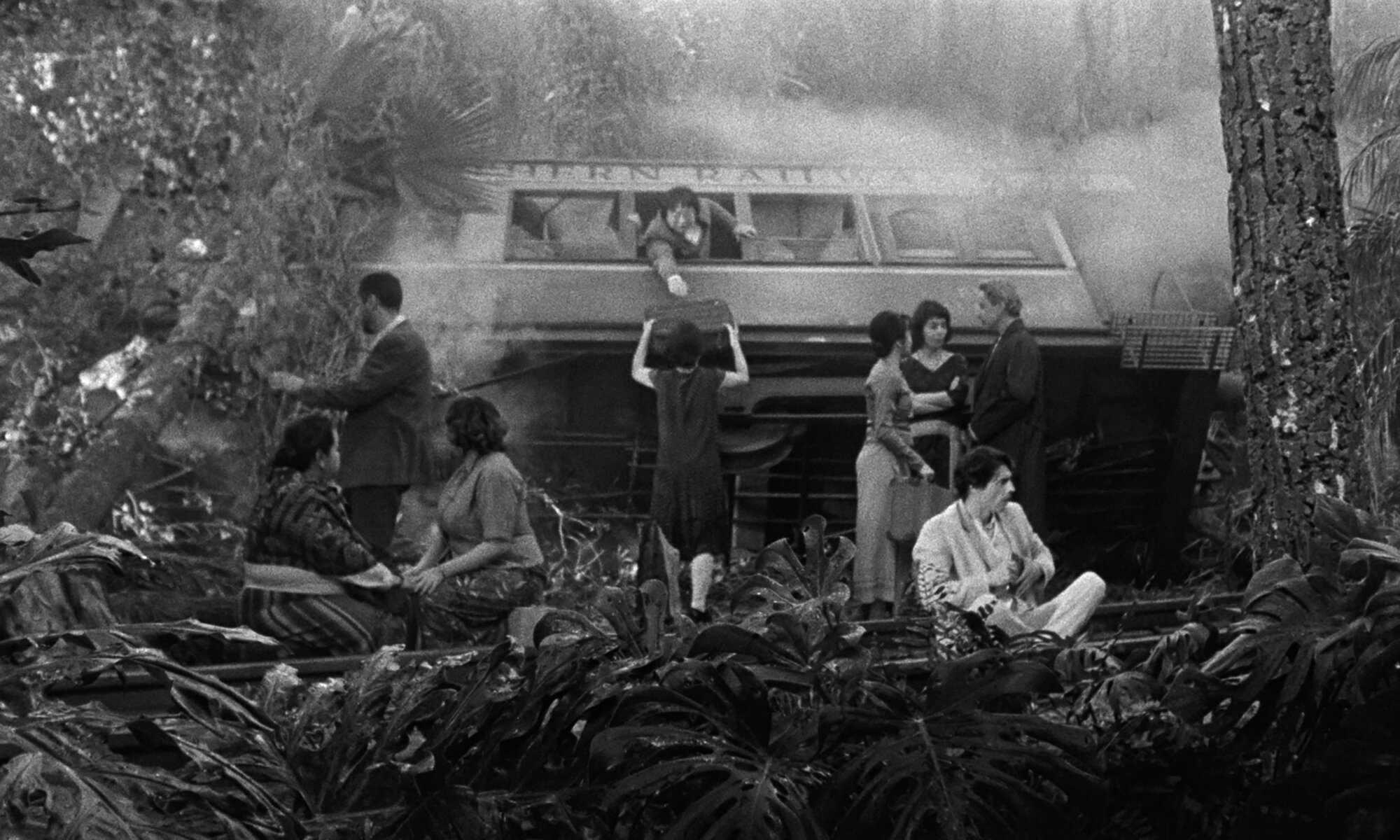
GRAND TOUR
Portugal, Italy, France
SYNOPSIS
Rangoon, Burma, 1918. Edward, a civil servant for the British Empire, runs away from his fiancée Molly the day she arrives to get married. During his travels, however, panic gives way to melancholy. Contemplating the emptiness of his existence, the cowardly Edward wonders what has become of Molly … Determined to get married and amused by Edward’s move, Molly follows his trail on this Asian grand tour.
CREDITS
Directed by: Miguel Gomes
Written by: Mariana Ricardo, Telmo Churro, Maureen Fazendeiro, Miguel Gomes
Produced by: Filipa Reis
Cinematography: Rui Poças, Sayombhu Mukdeeprom, Guo Liang
Editing: Telmo Churro, Pedro Filipe Marques
Production Design: Thales Junqueira, Marcos Pedroso
Costume Design: Sílvia Grabowski
Make-Up & Hair: Emmanuelle Fèvre, Daniela Tartari
Sound: Vasco Pimentel, Li Kelan, Miguel Martins
Casting: Maureen Fazendeiro
Cast: Crista Alfaiate (Molly), Gonçalo Waddington (Edward), Cláudio da Silva (Coronel Sanders), Lang Khê Tran (Ngoc)
STATEMENT OF THE DIRECTOR
January/February 2020. The plane lands in Rangoon on the third day of the new decade. I leave the airport accompanied by the scriptwriters. We have written nothing yet, but we have already planned the route the characters in the film would take across Southeast Asia. We are going to take this same route ourselves, before returning to Lisbon to write the screenplay.
We also want to film the route in 16mm, to create a record of the journey that we can use in the film. It will be a kind of found footage of the present providing a link with what happened in the past, in 1918, in an imaginary Asia recreated in the studio. It is less about managing the discontinuity between two different time periods than it is about creating continuity between the studio and the world, between 1918 and 2022, bringing to life a unique cinematographic time sequence through editing. We feel it is better for the spectator to believe of their own accord than for the cinema to convince them of something.
Within five weeks we went from Myanmar to Singapore, we crossed Thailand, flew to Vietnam and from there we moved on to the Philippines and then through Japan. When we were getting ready to board the ferry in Osaka for Shanghai, we found out it had been cancelled. An inexplicable epidemic in China brought the journey to a halt. We returned to Lisbon thinking we would quickly resume our travels.
January 2022. Tired of waiting for the Chinese to end their ‘zero Covid policy’ and reopen the borders, we decided to continue shooting using the most surreal of methods: remote filming. There were four of us in Lisbon and every day we entered a rented house around midnight. Thousands of kilometres away and in another time zone, the Chinese team would travel the three thousand five hundred kilometres required to complete the journey we had begun two years before. This last stretch begins in Shanghai and ends in Sichuan province, very close to Tibet.
The technology we have on a table in the house in Lisbon serves as our eyes and ears when filming. A screen transmits images taken on the assistant director’s mobile phone, and this gives me a wide-ranging view of each location. On another screen I have a video signal from the 16mm camera we use for filming. On the computer we have two more communication systems, one audio and the other one written, just in case something goes wrong.
Strangely enough, very little goes wrong. I can always manage to position the camera and direct the scene as if I were there on the set, whispering in the camera operator’s ear. I can call for action or cut, or I can ask for real-time panoramic shots. I can even intervene to include features that were not planned in upcoming scenes. Like the day when the Chinese team said that the owner of the restaurant where they went for lunch had begun playing the guitar for them. I asked them to invite him to the boat where we were going to film and if he could play in front of the camera. It really amazes me to think that everything can work so well this way. It challenges Rossellini’s deep-rooted convictions and Herzog’s impulses. But I’m not complaining.
February/March 2023. A week and a half filming in a studio in Lisbon, two and a half weeks filming in a studio in Rome. Enormous teams, numerous actors. Quite a contrast to the way I’d filmed up until then. No sunlight shining on the set and no one walking in front of the camera unless asked to do so.
In my mind, having total control over filming conditions is like a straight jacket. As usual I refuse to plan scenes prior to the day of filming. Cinema is made in the here and now – at least for directors that do not have Hitchcock’s talent. I’m told that without this detailed preparation the technical crew will not be pleased, and we also risk wasting too much time. Bullshit! The team is happy, and so am I. We are reinventing the world every day and working together. On 30 film sets: bamboo woods in China, forests in Thailand, snow-covered temples in Japan, palaces in Bangkok, Burmese ports, grand houses in Vietnam, bars in Singapore, boats on the Yangtze river … all without a single digital trick. What incredible energy on the set!
Capturing this spectacle of the world and radically reinventing the world in the studio, moving from one thing to another … We have covered many thousands of kilometres to film it all, but what is truly the ‘Grande Tour’ of this film is that it unites what is separated.
- Feature Film Selection 2024

